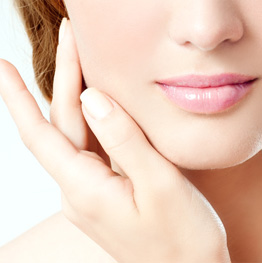The Effects of Aging on Skin
One of the first places we tend to show our age is on our skin. How your skin will change with age—and how soon you’ll see the signs—depends on a number of factors, including your lifestyle and your genetics. For example, people who smoke or have excessive exposure to the sun are more likely to show signs of aging in their skin earlier than non-smokers and people who avoid sun exposure with sunscreen. Find out more about how your skin changes as you age.
Common Signs of Aging On Skin
- Your skin may become rougher.
- Your skin can develop lesions, including benign tumors.
- As you lose elastic tissue, your skin can become slack and appear to hang more loosely.
- As the surface layer of your skin gets thinner, your skin may become more transparent.
- Skin becomes more fragile with age. Your skin may also bruise more easily as your blood vessel walls become thinner.
- As you lose fat below your skin in the cheek, temple, chin, nose, and eye areas, you may develop a sunken or “skeletal” appearance.
- Bone loss around the mouth and chin can cause a puckering of the skin around your mouth.
To slow these signs of aging, protect your skin from the sun whenever possible. You should also eat a balanced diet and keep your skin well moisturized. Quitting smoking may also help slow the effects of aging on your skin.
